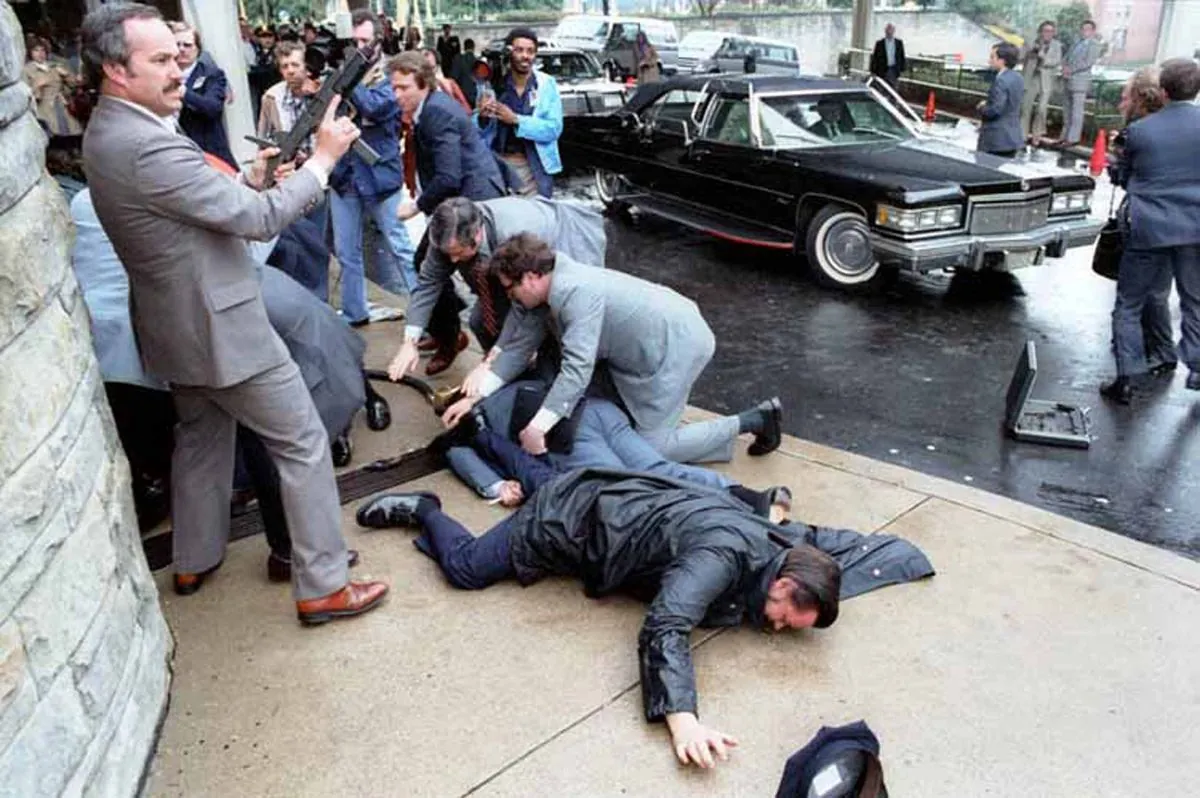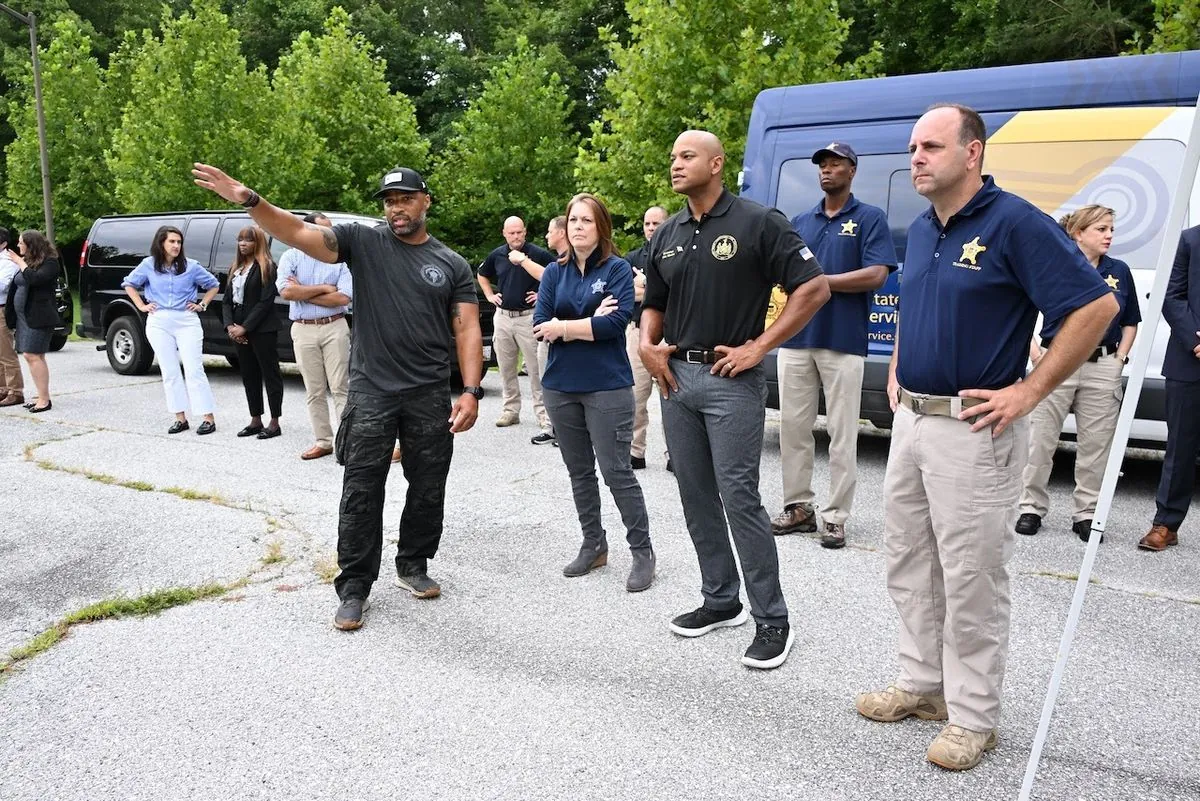Secret Service Faces Staffing Crunch as Election Security Demands Intensify
The U.S. Secret Service grapples with personnel shortages and heightened security challenges ahead of the 2024 election. Recent incidents highlight the agency's struggle to protect high-profile candidates amid increasing demands.

The U.S. Secret Service finds itself in a precarious position as the 2024 presidential election approaches, facing significant staffing shortages and unprecedented security challenges. Recent incidents involving Donald Trump have underscored the agency's struggle to maintain adequate protection for high-profile candidates.
As of February 2024, the Secret Service employed 7,879 individuals, falling short of its targeted staffing levels. This shortfall comes at a critical time, with the agency responsible for protecting an expanded group of officials following Joe Biden's withdrawal from the race and Kamala Harris's ascension as the Democratic nominee.
The agency's staffing woes are compounded by the lengthy hiring process, typically taking over 200 days to fill open positions. This timeline makes it unlikely that the Secret Service will reach its desired staffing levels before the November 5, 2024 election.

The strain on the agency was evident in two recent security incidents involving Donald Trump. On July 13, 2024, a gunman fired shots at a Trump rally in Pennsylvania, resulting in one fatality and grazing the candidate's ear. More recently, on September 15, 2024, a man with an assault-style rifle was discovered near Trump's golf course in Florida after hiding for nearly 12 hours.
These incidents have raised questions about the agency's ability to effectively protect candidates. Kenneth Valentine, a former agent, stated, "The pace, the expectations, the pressure has never been worse than it is right now."
"We are redlining them."
The Secret Service's challenges are further complicated by Trump's preference for golfing at his private clubs, which are open to members. This creates unique security concerns compared to past presidents who typically played on more easily secured military courses.
Congress has shown bipartisan support for additional funding to address these issues. However, the agency's stringent hiring process, which typically results in only 2% of applicants being hired, means that quick staffing increases are unlikely.
The Secret Service's dual mission of protection and financial crimes investigation adds to its operational complexity. Established in 1865 to combat currency counterfeiting, the agency has evolved to become a crucial component of national security, with field offices in over 160 countries worldwide.
As the election approaches, the Secret Service must balance its expanding responsibilities with limited resources. The agency's ability to adapt and overcome these challenges will be critical in ensuring the safety of candidates and maintaining the integrity of the electoral process.


































